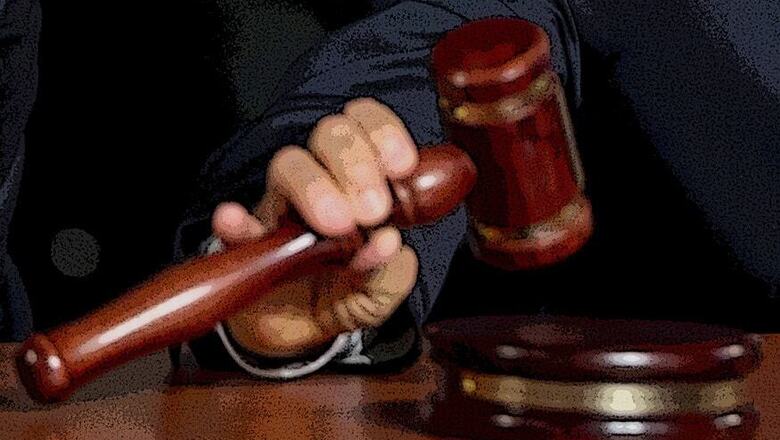
views
Chennai: Decrying the practice of allocation of separate burial ground for Dalits, the Madras High Court observed on Monday that it appeared the government itself was encouraging divisions based on caste.
The court was hearing a petition initiated by itself after access routes of a Dalit cremation ground were blocked in Tamil Nadu's Vellore district, forcing the community members to drop the dead bodies of their relatives from a bridge into a river.
In its oral observations, a bench comprising Justices S Manikumar and Subramonium Prasad noted that all people irrespective of caste and religion were allowed in all public places.
The high court said by allocating separate burial ground to the 'Adi Dravidars' (Scheduled Castes), the government itself appeared to be encouraging such practice.
The bench also asked why some schools continued to be called "separate school for Adi-Dravidars" when the state government had removed caste names from streets.
The court then directed the Vellore district collector and the Vaniyambadi tehsildar to furnish the details of the land used by the villagers in and around the burial ground.
According to reports, Dalit members of Narayanapuram village near Vaniyambadi town, 213 km west of Chennai, were forced to drop bodies of their relatives from a bridge into a river bed as the access to the burial ground on its banks had been blocked due to alleged encroachment by two people.
The high court had taken cognisance of the issue last week after its attention was drawn to a report in an English daily titled "Dalits 'airdrop' dead in Tamil Nadu".
The bench had last week issued notices to the Tamil Nadu home secretary, the Vellore district collector and the tehsildar and sought their stands on the issue.
As per the report, the Dalit residents of the village have been lowering bodies to the riverbank for the past four years. Though the Dalits said they did not face any direct caste discrimination or threats from other groups, they blamed the district administration for not removing the encroachments.



















Comments
0 comment